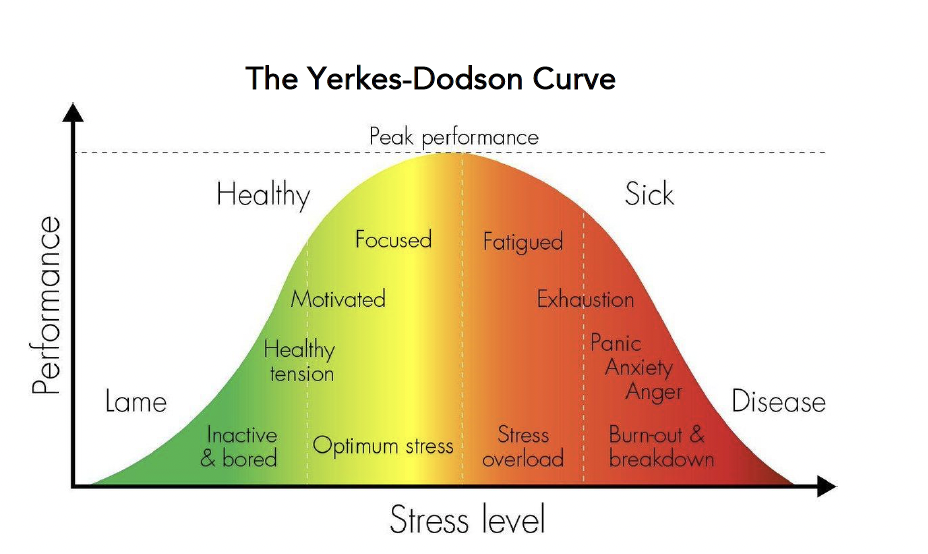Resilience is an essential quality for a mentally and physically healthy individual and it plays a crucial role in the field of Executive Protection. In fact, I would go so far as to say that if an EP Agent does not possess a solid level of resilience, they may survive but will not thrive in the field. Fortunately, you can increase, improve, and strengthen your resilience at any age.
Resilience is the ability to adapt well in the face of significant stress, trauma, and adversity. Essentially, it’s the ability to bounce back on your feet quickly when life throws punches and to stay on track in spite of whatever might be happening on the sidelines. The key to resilience is the capacity to internally manage the challenging thoughts, feelings, and behaviors that arise as a consequence of stress at any level.
So, why does this matter? Because Executive Protection is a field where stress is the mainstay, where uncertainty is the everyday norm, and where threats are an assumed part of the job. On a day-to-day basis, you rarely know who or what you are going to face, mitigate, problem solve, or be asked to manage and accomplish. You improvise, adapt, and overcome or you freeze, panic, and sink. Resilience is the key to survival in the field.
Although there are many benefits to having a higher level of resilience, the most significant is enabling a greater capacity to manage stress. As an EP agent, you don’t get to turn off the stress and it’s how you manage it that determines the outcome. When you are more resilient, you possess the ability to manage higher levels of stress – you respond more than you react, you have a clearer head to problem solve, and you further protect your mental and physical health.

This image is the Yerkes-Dodson Curve, also known as the Yerkes-Dodson law. The Yerkes-Dodson Law dictates that, as stress levels increase, so does performance BUT only up to a point. Join me at the lower left-hand side of the curve. As you can see, too little stress is not beneficial – you will be inactive, bored, and unproductive. Add some healthy short-term stress and you experience healthy tension, you are focused, and you are motivated – mentally and physically. You hit peak performance when there is optimal stress in your environment.
Now, stress can also become distress and negatively affect your physical and mental health. As more and more stress is introduced into your daily life, it starts to negatively impact every area of your physical and mental functioning. Physically, too much stress can compromise your immune system, affect your heart, impact your decision making, and cause burnout. Mentally, it can create fatigue, exhaustion, depression, anger, and anxiety.
Note the effects of stress – both positive and negative – on your mental and physical health. The mind-body connection is real.
Stress is a risk factor for many mental health issues (e.g. depression and anxiety). Individuals with a higher level of resilience will have less mental health symptoms and fewer mental health issues. Building resilience creates a protective barrier against mental health issues, as it helps you manage stress in a healthier way.
Established research says that stress creates significant physical health issues which, in turn, affect our mental health. For example, let’s say you are diagnosed with diabetes. You have a choice – you can sit and cry in the Doctor’s office, ask “why me”, or you can say, ”well, everyone has something, and my something is diabetes”. If you stay resilient and manage your diabetes the best you can, I promise you, you will be much healthier and happier in the long run.
Therefore, if you increase your Resilience Quotient (RQ) – i.e. if you better manage stress, trauma, and adversity, and the negativity life can throw at you – you will be healthier, both mentally and physically. Put a different way, a higher RQ will help you move the middle of Yerkes-Dodson Curve a little more to the right, allowing you to tolerate and manage higher levels of stress and avoid some of those negative effects on your mental and physical health.
The beautiful part is that you are never too old to build your level of resilience. Resilience can be nurtured, increased, and built upon by working on your mindset.
This is what I will talk with you about in Part 2 of this series – the “how to” build and maintain your resilience.





